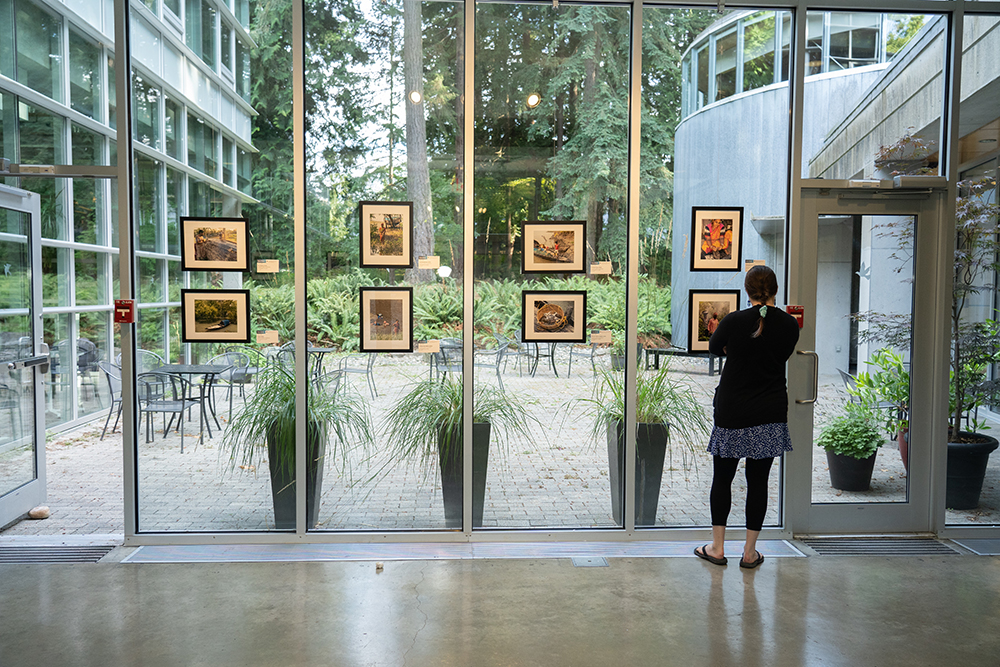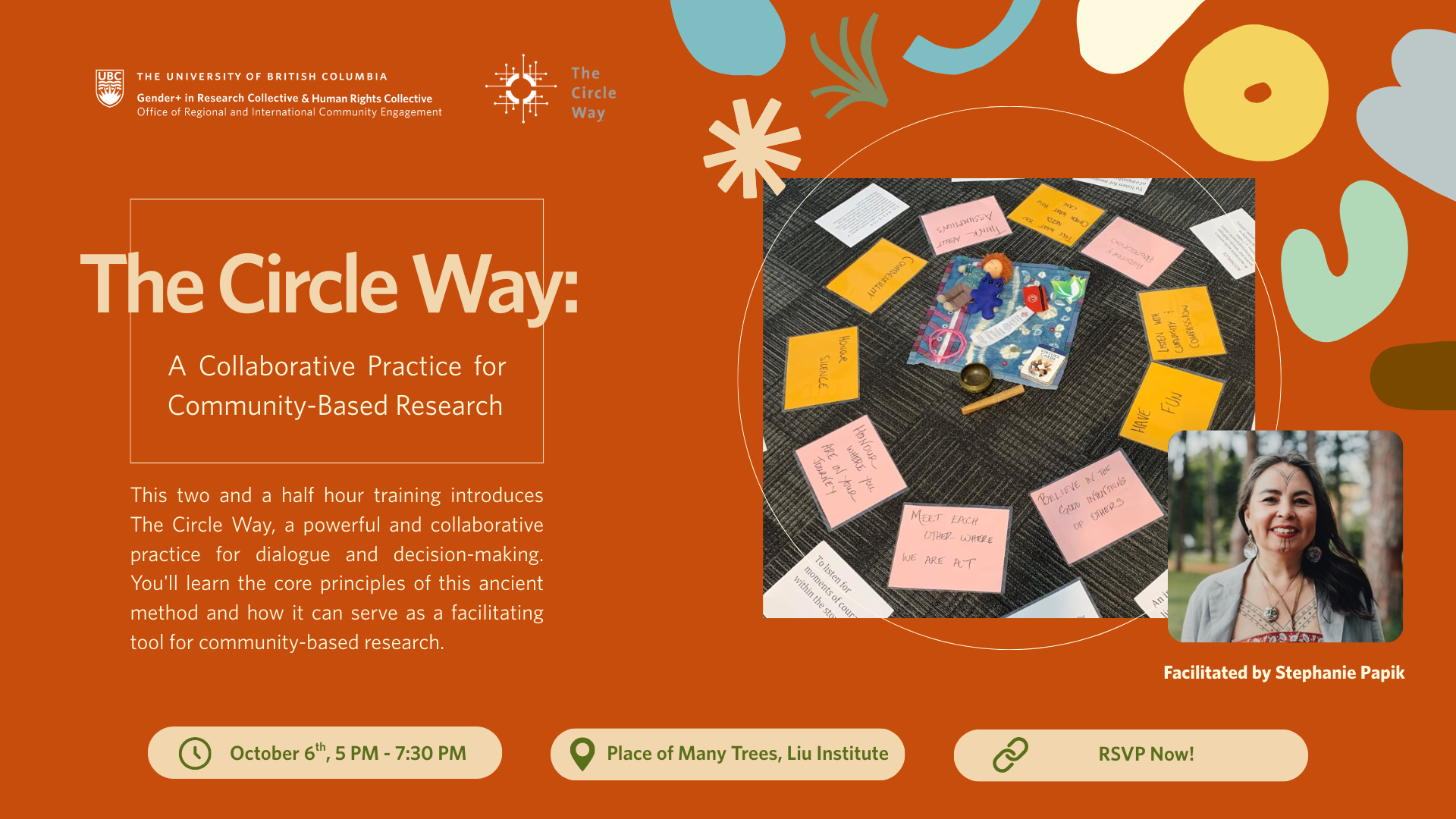Join us for this public event with Dr. ann-elise lewallen, Associate Professor, University of Victoria, Pacific and Asian Studies on Indigenous bodies of evidence and counter-mapping in the “green” nuclear archive.
Keynote: Dr. ann-elise lewallen, Associate Professor, Pacific and Asian Studies, University of Victoria
Moderator: Professor Ramana, School of Public Policy and Global Affairs
Welcome Remarks: Tasha Carruthers, Student, Master of Public Policy and Global Affairs, UBC
How does our imagination of a climate-friendly future hinge on rebranding or even erasing our toxic past? What bodies of evidence are enrolled as “proof” to create archives of sustainable (i.e. health affirming) or toxic (i.e. health denying) energy choices? Some environmentalists have touted the climate-cleansing benefits of “carbon neutral” solutions such as nuclear energy (James Hansen, for example). These claims often ignore the actual costs of nuclear fuel production, waste disposal, plant decommissioning, and troublingly, nuclear accidents. What’s more, rarely are the social, environmental, and human toll on Indigenous and minoritized peoples, their livelihoods and cultural dependence on local landscapes and more-than-human relatives, included in these calculations. Many Indigenous communities continue to grapple with a rash of debilitating public health impacts ranging from genetic and developmental concerns to chronic kidney and respiratory diseases, related to current or previous uranium mining. After discussing some of the evidence about these, I will explore recent Indigenous strategies to counter the “green energy” archive enlisted to promote nuclear energy.
Through invoking the framework of critical environmental justice and settler colonial studies, I explain how Indigenous communities, such as the Navajo and Pueblo Nations, deploy citizen science techniques (such as counter-mapping and counter empiricism) and Traditional Ecological Knowledge (TEK). As I document, they use these tools to counter official archives and spatial erasure of their kin, both human and animal. Marshalling bodies of evidence from their own bodily knowledge, experiences, and memories of the land, Indigenous scientists are documenting communal knowledges and management practices in the land. They also digitally and physically demarcate the drilling and destruction of ancestral landscapes and waterways through counter-maps, as I document, therein denouncing settler energy colonialism and demanding reparations from public and private stakeholders alike.
Bio: Dr. ann-elise lewallen is Associate Professor, University of Victoria, Pacific and Asian Studies. lewallen’s research focuses on transnational civil society, environmental justice, embodiment, and Indigenous communities in contemporary Japan and across Asia. In her first book, The Fabric of Indigeneity: Contemporary Ainu Identity and Gender in Colonial Japan (U. of New Mexico and SAR Press, 2016), lewallen analyzes Indigenous Ainu women’s use of cultural production to resist Japanese settler colonialism and women’s role in trans-generational cultural revival within the Ainu community. In her book-in-progress, Sovereign Bodies: Energy Colonialism and Defying the State in India and Japan, she analyzes civil society movements targeting Japan’s technological diplomacy in India’s growing energy sector juxtaposed with Indigenous communities’ use of Traditional Ecological Knowledge to defend their land. She adopts an environmental justice framework to collaborate with Indigenous communities through cultural mapping techniques in order to resist eco-cultural degradation of land, water, and Indigenous Knowledge/s.
Co-hosted by: UBC Interdisciplinary Histories Research Cluster; UBC School of Public Policy and Global Affairs; Institute for Resources, Environment and Sustainability




